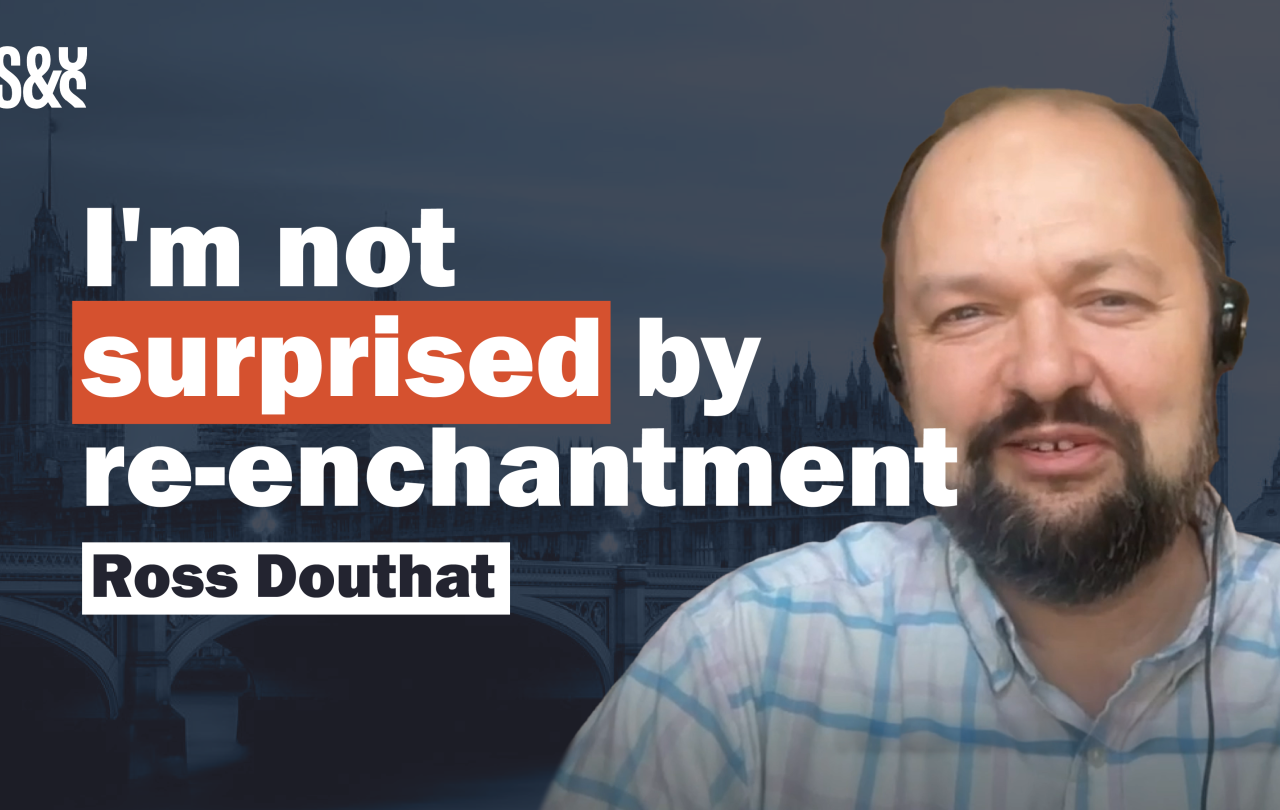Amid the furor around Dionysus and his flesh suit it was another point in the Olympic opening ceremony that got me thinking spiritually. Which is ironic, given the moment’s message. Silence fell after a chaotic, multi-barge disco. An atmospherically lit boat carrying a piano on fire sailed down the Seine, with a beautifully sung Imagine, by John Lennon, drifting from the singer.
Nowhere does secularism like France, with a religion-less public society so entrenched that a French Muslim sprinter, Sounkamba Sylla, had to swap her hijab for a cap at the opening ceremony to abide by its public religiosity laws. Telling a woman what she can and can’t wear is not a great look for a modern democracy. However, choosing Imagine, - a well-known atheistic plea for a world without religious devotion and the dogma, extremism, and warring that comes with it, perhaps tells us what France is going for. Beautiful, modern, peace. The world as one in Godless enlightenment. No hell to scare you. No heaven to inspire you.
Except. Humans have managed to do an excellent job of conceiving, enacting, and justifying extreme violence without religious devotion for much of the last two centuries. Side-by-side with religious acts of aggression were communist oppression, The Great Leap Forward, Gulags, Darwinian race wars, the Holocaust, and the Cold War. Perhaps rather than blaming religion for the constant state of war the global populace finds themselves in, John Lennon would be best investigating our common human instinct.
Each time we go a bit Joan, and are inspired to overthrow injustice, the Kingdom of peace comes a little nearer.
When God is taken out of the equation, peace is no better found in science, rationality, or self-actualisation, the twentieth century demonstrates that. These things are just as likely to be twisted towards conflict. Without God there is no inspiration to be selfless, moral, or compassionate, the impulses of each which might lead to reconciliation rather than war.
Just a little after the flaming piano, a figure that better points the way to peace came riding down the Seine. Billed as a Gallo-Roman goddess, it was more a recreation of Joan of Arc, the French saint who brought spiritual leadership to her country and defeat to English invaders. She bore the Olympic flag onto dry land. In a very medieval way Joan’s life after hearing from God was of breaking sieges and leading armies. It might seem strange to anoint her the bearer of peace, but she shows the way to the united humanity that John Lennon was striving for.
Christians await with anticipation the Kingdom of God fully coming on Earth which will bring with it peace and perfect justice. Joan, being led by God to challenge the oppression of English invaders, points the way towards it by rising up against injustice. And she points the way back to Jesus, her Lord, who turned the world upside down with his message of peace and his beginning of this Kingdom of God. Each time we go a bit Joan, and are inspired to overthrow injustice, the Kingdom of peace comes a little nearer.
Rather than seeking a Godless paradise which can never have enough moral force to be anything other than a selfish search for meaning, we must look to Joan’s God. We will find a God who calls any who will follow him to a life of justice and peace. Only in giving up our own desires, to follow the example of Jesus, will we ever have a world as one.
As my wife, Harriet, remarked whilst we watched Lennon’s hymn, it’s only a few words away from being spot on. Rather than taking the modern French approach and keeping God away from the public sphere, we might delve into Joan’s spirituality and find a burning for justice, a desire for peace, and a self-sacrifice which will one day lead to peace under God. Imagine there’s a heaven. It’s easy if you try. And it’s the only place humans will ever find the true and lasting peace of Lennon’s imagination.





